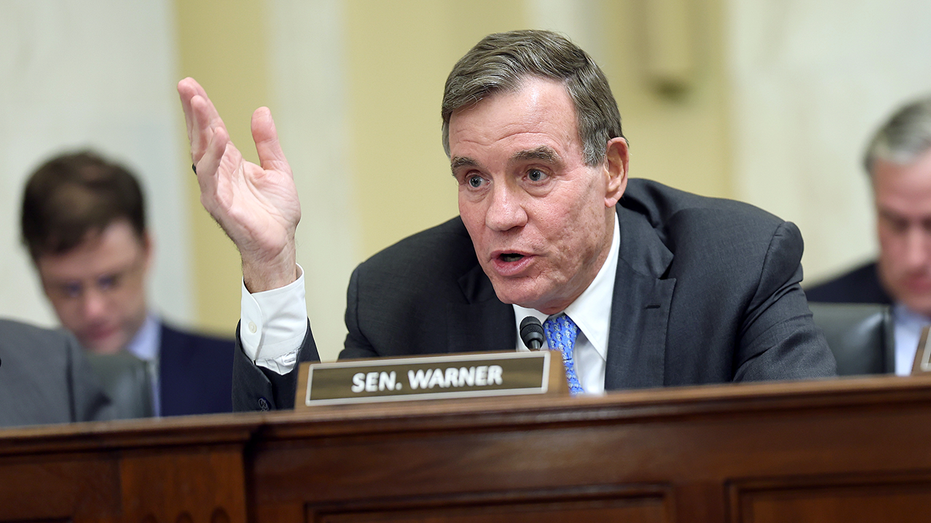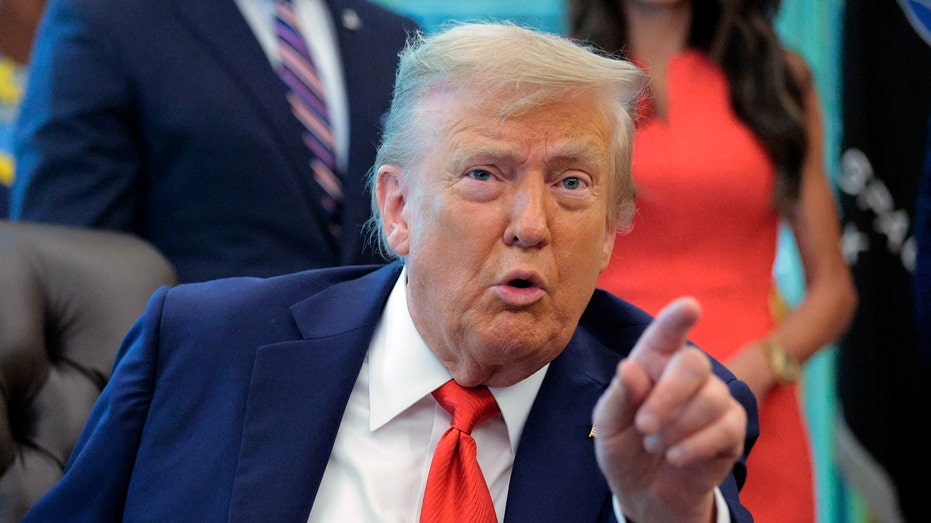A shadow of scrutiny now falls upon the Black Lives Matter movement as the Justice Department initiates a formal investigation. The probe centers on allegations of defrauded donors, potentially involving tens of millions of dollars raised during a period of intense national upheaval.
The year 2020 witnessed an unprecedented surge in donations to the Black Lives Matter Global Network Foundation (BLMGNF), fueled by widespread protests following the death of George Floyd. Over $90 million poured in, a testament to the public’s desire for change, and that momentum continued with another $75 million received in 2021.
However, public support has demonstrably waned in recent years, leading to a significant decrease in contributions. This decline coincides with growing questions surrounding the organization’s financial practices and the use of donated funds.

Federal prosecutors have already begun taking concrete steps, issuing subpoenas and executing at least one search warrant as part of the investigation. The focus appears to be on the BLMGNF and other organizations instrumental in galvanizing the national conversation on racial injustice.
While the investigation’s ultimate outcome remains uncertain, its existence alone intensifies the already present scrutiny of the movement’s financial transparency. Concerns about accountability have lingered for some time, particularly regarding the handling of substantial donations.
This investigation unfolds against a backdrop of heightened political sensitivity, with civil rights groups expressing apprehension about potential targeting of progressive organizations. The possibility of politically motivated actions adds another layer of complexity to the situation.

The current investigation isn’t the first instance of financial misconduct within the BLM sphere. Last year, Tyree Conyers-Page, the former head of Black Lives Matter Atlanta, was sentenced to prison for exploiting donor funds to finance a lavish personal lifestyle.
Conyers-Page received a 42-month sentence after being convicted of wire fraud and money laundering, a stark illustration of the potential for abuse within the organization. His case highlighted a disturbing pattern of personal enrichment at the expense of the movement’s stated goals.
The former head of the national organization, Patrisse Cullors, also faced intense criticism for her own spending habits following the 2020 protests. Describing herself as a “trained Marxist,” Cullors embarked on a significant real estate acquisition spree.
Cullors purchased not one, but four properties, raising questions about the alignment of her personal financial decisions with the movement’s core principles. The purchases sparked public outrage and fueled accusations of hypocrisy.
Amidst the mounting controversy, Cullors resigned as executive director in 2021, attributing her departure to a “smear campaign” orchestrated by right-wing groups. However, the scrutiny surrounding her real estate dealings persisted, casting a long shadow over the organization’s leadership.
The Justice Department’s investigation promises to unravel a complex web of financial transactions and potentially reveal the full extent of any wrongdoing. The outcome will undoubtedly have profound implications for the future of the Black Lives Matter movement and its ability to maintain public trust.





